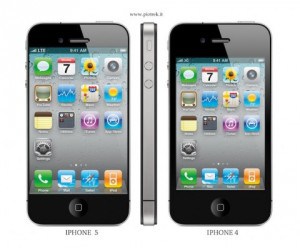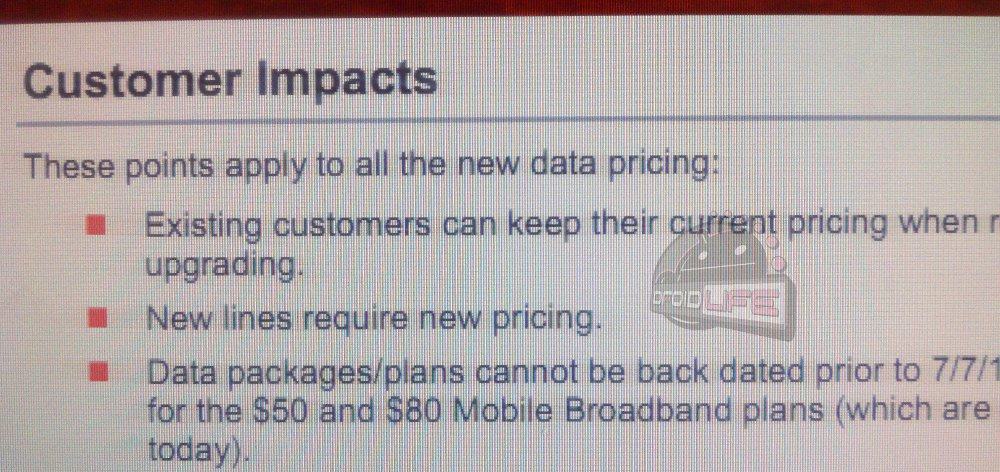
9 to 5 Mac shows off a mock image of what the newest iPhone 5 will probably look like. Pay close attention to the rounded edges and bezel. (click to enlarge)
Apple’s wildly popular iPhone series gets an upgrade in September as the Cupertino, Calif., company prepares to unveil iPhone 5. Although the new model is not expected to support 4G/LTE networks, significant upgrades are in the works for the next series of phones:
- iPhone 5 will use Apple’s new iOS 5, which means improved messaging and photo sharing;
- An improved 8-megapixel camera, up from the current 5-megapixel one that got mixed reviews on iPhone 4;
- The introduction of the A5 processor, currently used in iPad 2, to provide more power for apps and features;
- An edge-to-edge screen and rounded glass.
The iPhone currently accounts for half of Apple’s revenue and has almost an 18% share of the smartphone market and dropping.
To counter Google’s increasing share of the smartphone market with its Android operating system, Apple also promises to deliver a stripped-down, less powerful budget-priced iPhone series for the developing world. While prices have not been announced, the new budget phone is likely to be priced at least $100-200 less than western models.
With iPhone 5 also expected to include built-in support for either GSM or CDMA networks, Apple’s newest phone could be released simultaneously by both AT&T and Verizon.
Whether customers will be able to take their phones activated on one carrier to another is another matter, as is whether Sprint, T-Mobile, and smaller carriers will be allowed to sell it.
[flv width=”640″ height=”500″]http://www.phillipdampier.com/video/Apple Introduces iPhone 5 6-22-11.flv[/flv]
Even without support for 4G/LTE, iPhone 5 is still likely to generate considerable enthusiasm, especially among would-be Verizon customers waiting for the next version of the phone. But by then, unlimited data plans will be a dream. Bloomberg News and WFXT-TV in Boston discuss iPhone 5’s release, and a clip from CNBC’s ‘The Titans’ explains the marketing genius of Apple and its iPhone product line. (2 minutes)


 Subscribe
Subscribe




